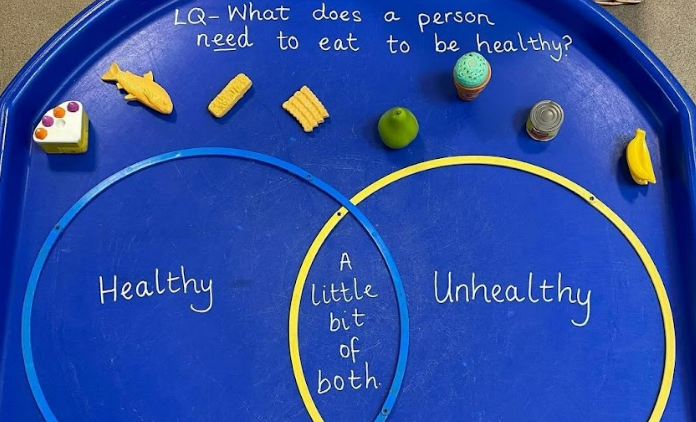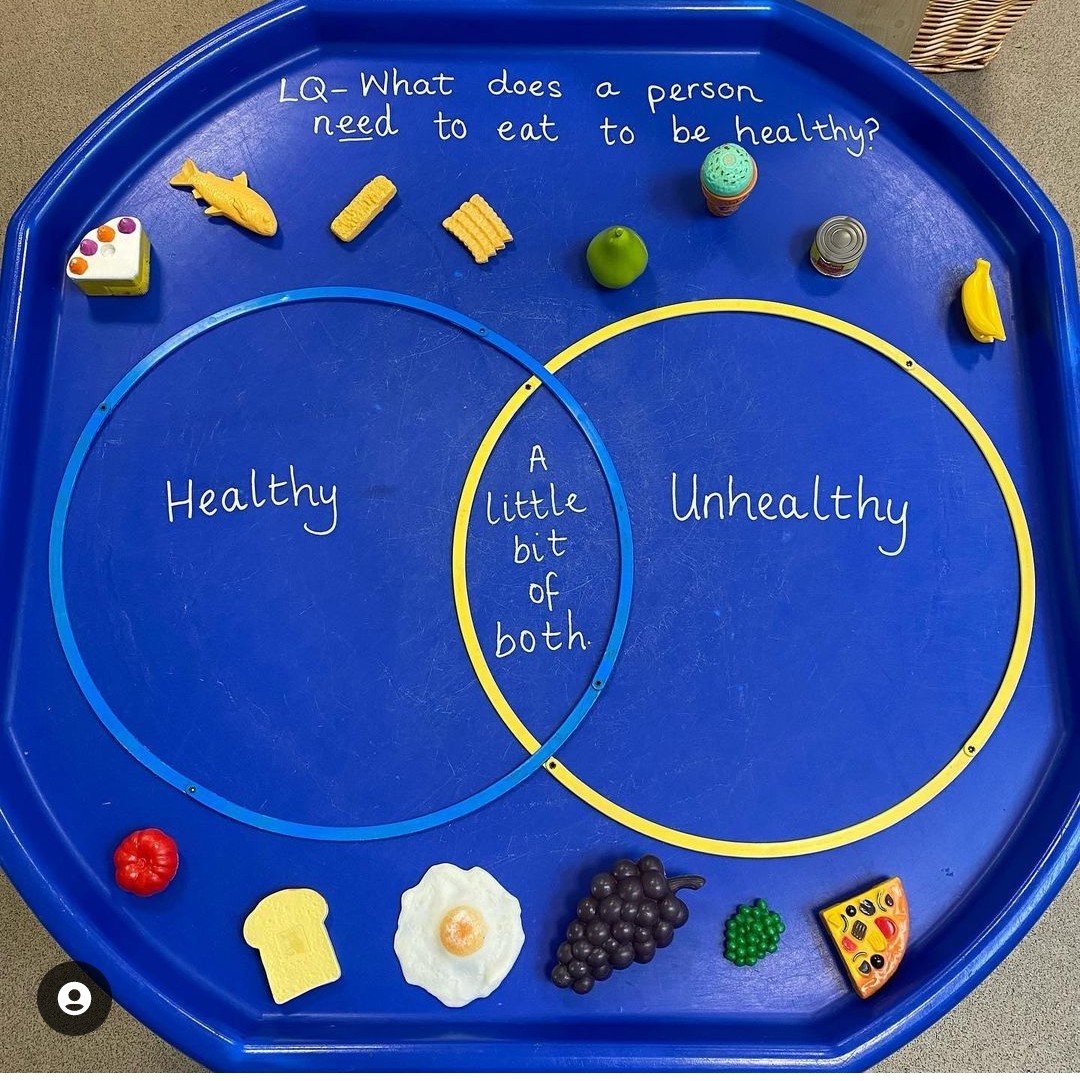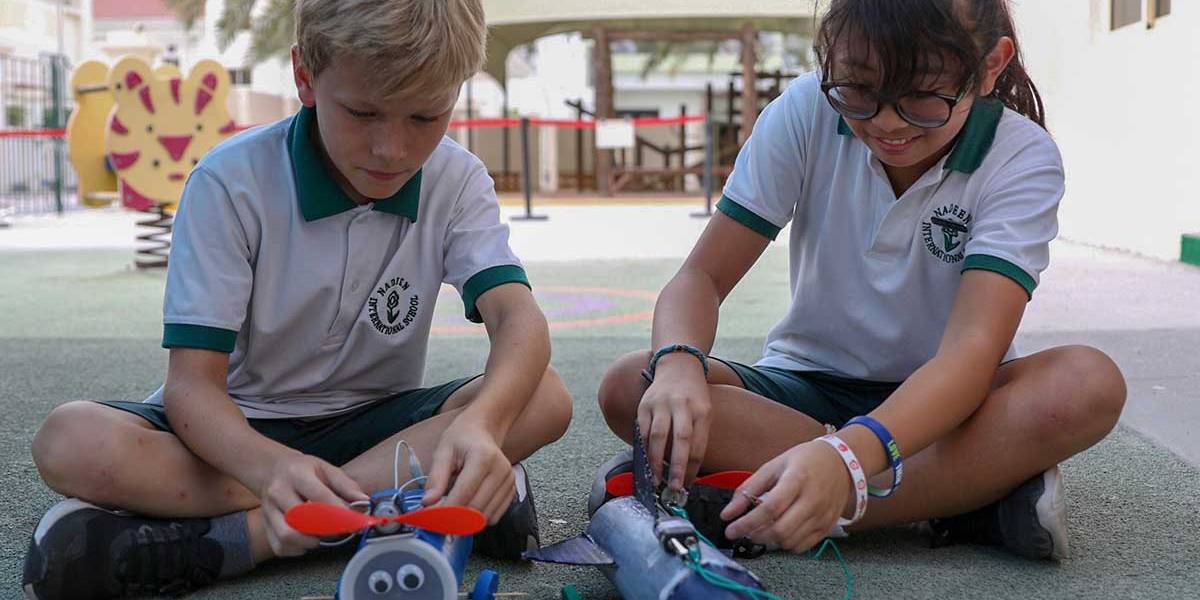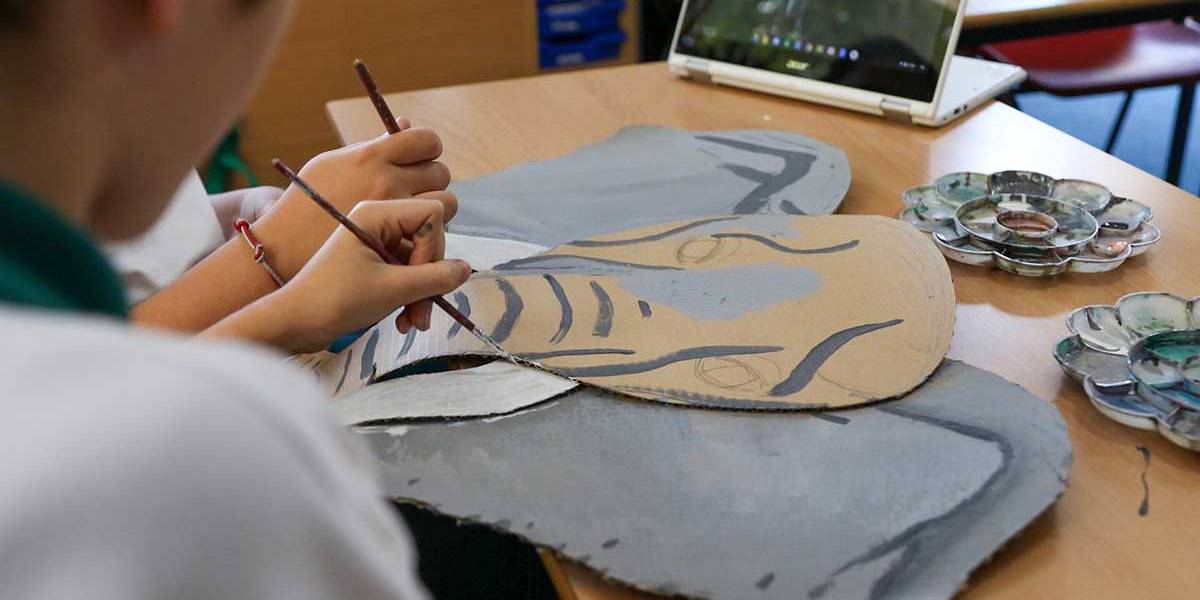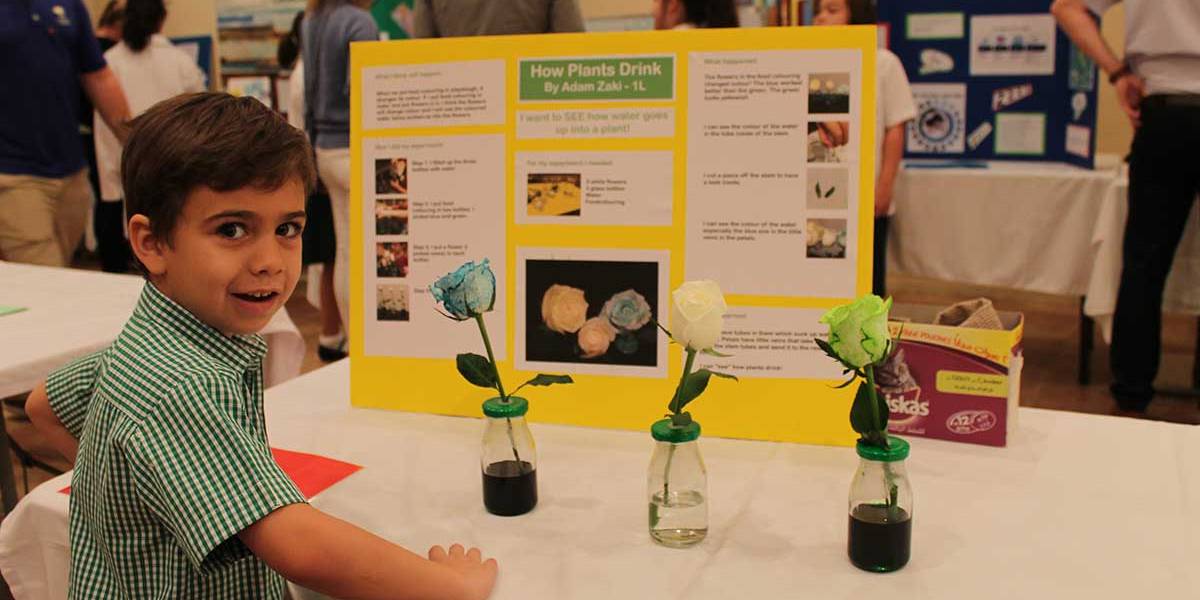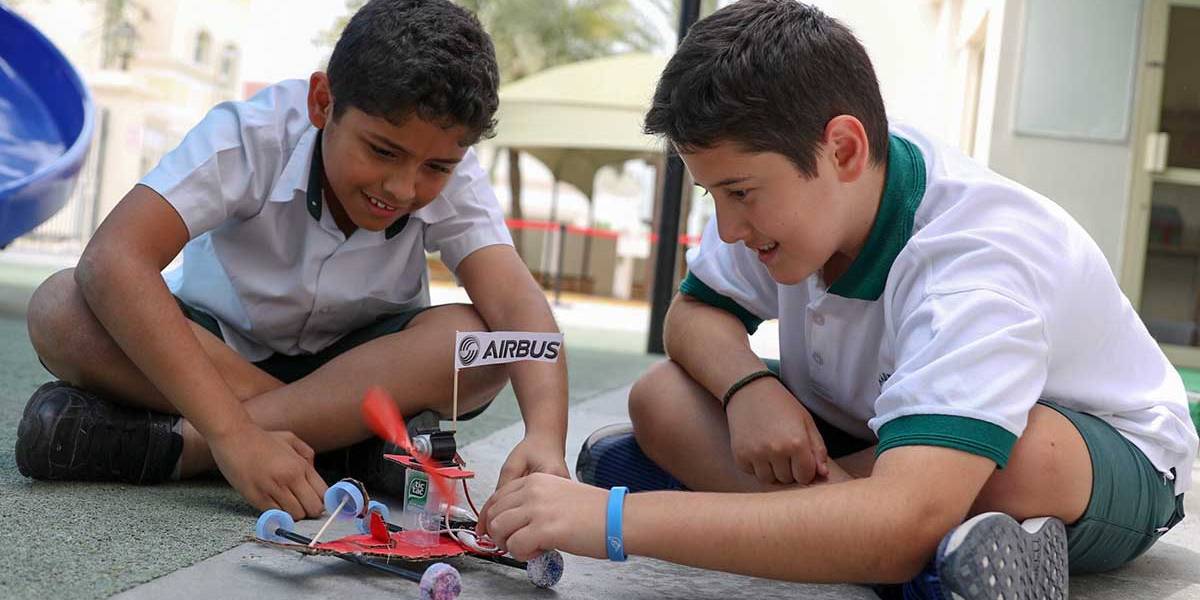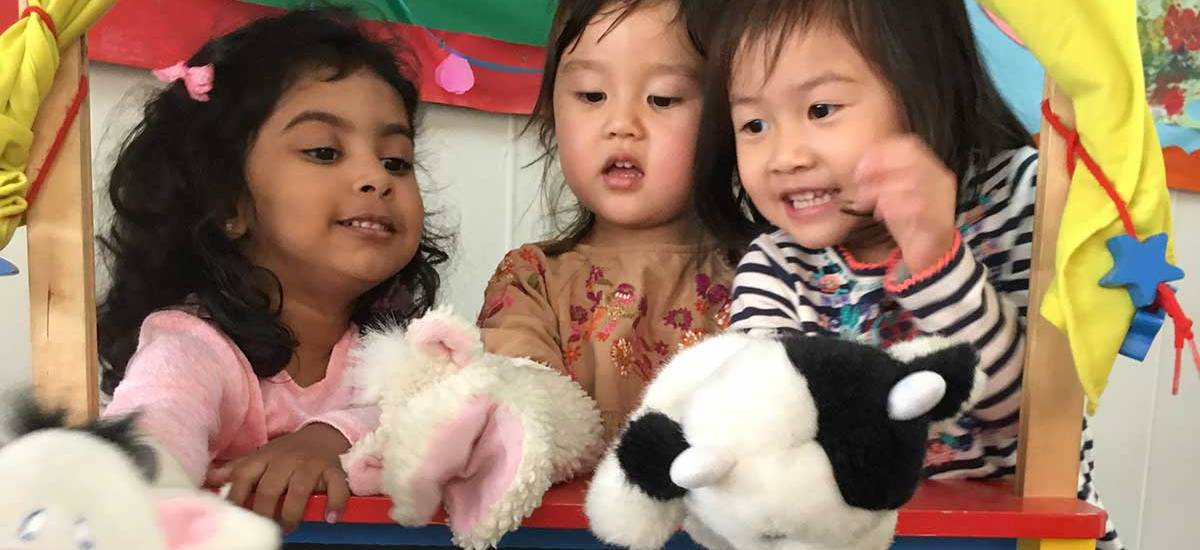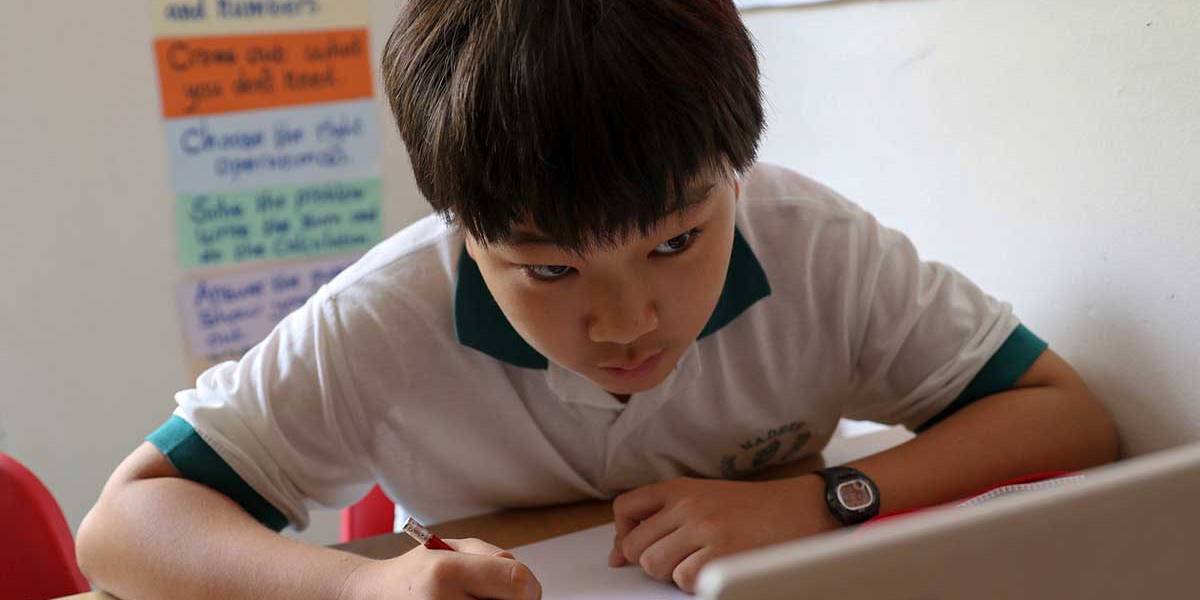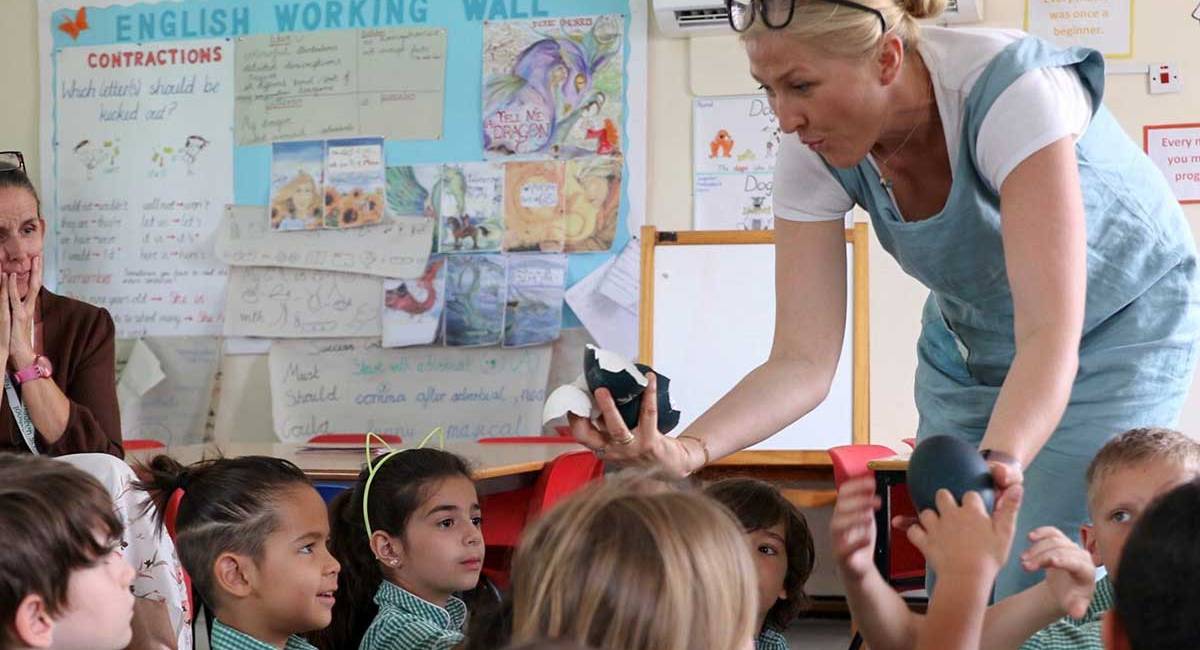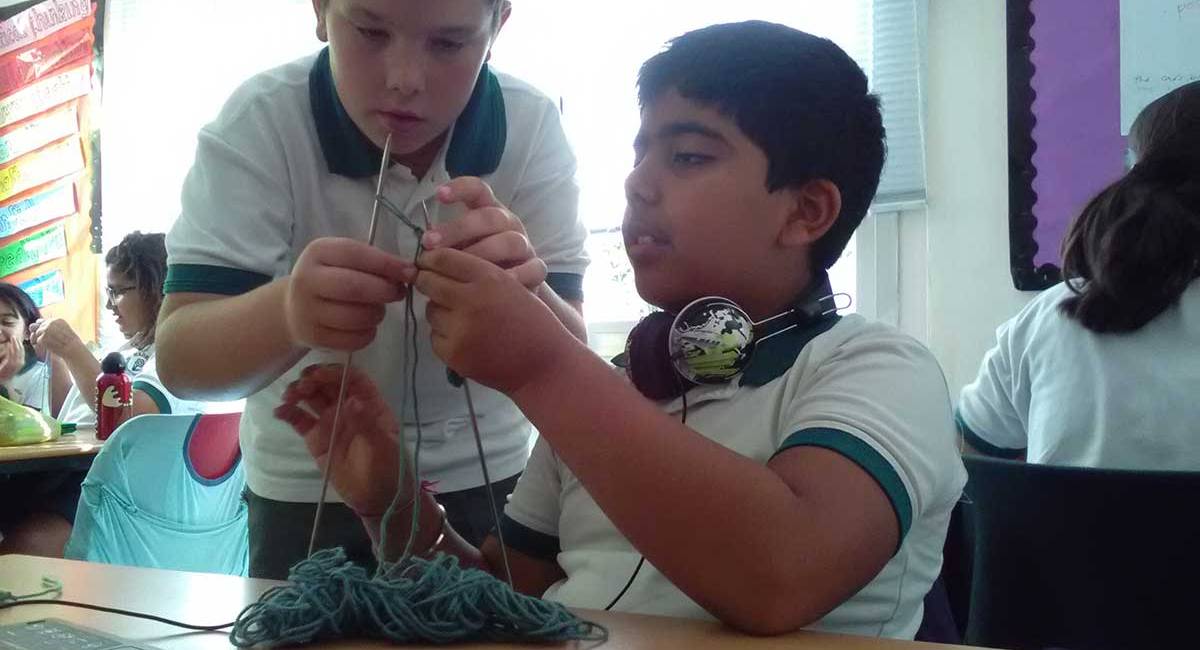Talk for Writing at Nadeen in Reception!
Talk for writing is one of the latest innovations in the language teaching where it proposes teachers to extensively expose children to a range of text genres by increasing the frequency of talking about these genres (Baisov, 2021). This familiarisation is developed through an extended ‘talking the text’, mostly teacher led sessions and independent approach of pupils (Barratt-Pugh and Rohl, 2020).
Talk for Writing is an engaging learning opportunity for children. Enabling children to initiate the language they need for a particular topic orally, before reading and analysing it and then writing their own version. Numerous studies conducted have shown the benefits of Talk for Writing, as children learn to talk their texts in the beginning. Talk is vital at all parts of a young writer’s process. Talking with peers helps children generate ideas for what it is they want to write about. It also supports pupils to plan what it is they want to write down. It helps them draft fluently, to revise, and to proofread with a readership in mind. (Young and Ferguson, 2021). From an Early Years perspective, the learning journey of a story stems from discussing and learning the morals and lessons the story teaches which soon leads on to children writing their very own twist on the story.
This term at Nadeen we have completed the story of Oliver’s Vegetables by Alison Bartlett and Vivian French. Developing skills to initiate, innovate and invent, to support the children in building the steps to create their own stories, we have followed a series of activities to introduce and study the story in depth.
Book Week/World Book Day
During the second week, children were able to choose and buy books from the Book Fair, and we had a story walk for students, to enjoy reading while spending time outdoors. There was a ‘guess the character’ activity, using the shadows of famous book characters, and we enjoyed the book maze, where they had to guess the titles of different book pages to get out of the maze. Teachers took five minutes out of each day to encourage the children to ‘Stop, Drop and Read!’ from a book of their choice. There was a reading bank challenge for year 3, where students collected book coins for every book that they finished, and not forgetting the reading corner in the back garden.
By engaging in a series of activities which were strategically planned, it allowed the children to understand all of the areas the story ‘Oliver’s Vegetables’ covers. Introducing the story to Reception, we started off with listening to a song based on vegetables. This engaged students in a discussion about where vegetables grow and how they grow. Developing a broader understanding of the world and how our food is sourced, the children went on to stretch and challenge themselves through the provision set in the environment. This was made accessible to the children by a tuff tray sorting activity where children were establishing foods that were seen as healthy, unhealthy or a bit of both. Having activities out in the provision reminds children of the story we are focusing on during that term and extends opportunities for social interaction to take place (Harries, 2022).
Our second session of Talk for Writing involved reading the story ‘Oliver’s Vegetables’ to the class. Following on from reading the story, as a class, we created a story map by having the children recall the events in the story. This supports them with their concentration when listening to the story as they must remember key moments so that the story map flows smoothly. The children continued their learning through the provision by organising fruits and vegetables into two separate categories. Children are exposed to healthy food choices daily and Talk for Writing allows children to build and explore deeply into stories and make connections with the real world.
Recapping the story each week is an essential part of Talk for Writing as it embeds the tales and stories children learn. The third session entailed watching an educational video where children learned about how our vegetables grow and what is needed for plants to grow. This teaches students the basics of growing and planting, supporting them and building on their knowledge as they move into Key Stage 1. Reception had an exciting week where they planted their own seeds and got to see how the shoots appeared after the weekend. The excitement and practical elements to the lesson provides a range of learning opportunities and styles for all children, catering and considering all children’s learning styles and interests (Chapman, 2019).
Following the planning and learning journey for Oliver’s Vegetables, our next session involved a recap of the story, followed by learning and discussing what a diary is and how we can create our own food diaries to show what fruit and vegetables we eat throughout the week. An activity like this that ties in with the story had the children developing many skills such as their writing skills and phonetically blending and segmenting the words to write in their food diary. For those who chose not to write, they sketched pictures of what they had eaten instead, they were developing their fine motor skills and pencil grip, an essential part and expectation children try to meet by the end of the year. The activity paralleled nicely with what the children had been learning in maths, as they were learning about time schedules and the days of the week. Therefore, creating their own food diaries to show what day they ate their fruit and vegetables allowed the children to review and recap their learning from maths too.
Our final and 5th session for Talk for Writing was an open ended chance for children to showcase what they had learnt over the course of the past few weeks of learning about Oliver’s Vegetables. Children created their own story maps, enabling the use of creativity and imagination. Recreating a story map with a twist, challenges children to see what they can change to make the story unique to them. It can be as simple as changing a character to changing the scene of the story. The children also had access to exploring books to see which fruit and vegetables only grow in specific countries, giving them an outlook of other areas of the world and the vast and wide range of tropical fruits and vegetables there are.
Talk for Writing as mentioned at the beginning, does not start and end with only listening and remembering stories in the Early Years. It covers a holistic approach to learning, covering all 7 areas of learning, a fundamental part of the Early Years!
Baisov, A.S (2021) The effectiveness of the method talk for writing in developing writing skills of efl students. Academic research in educational sciences, 2(2), pp.727-730
Barratt-Pugh, C and Rohl, M (2020) Literacy learning in the early years. Routledge
Chapman, A (2019) Experience new growth. Early Years Educator, 20(12), pp.ii-iv
Harries, J (2022) Spring into reading. Early Years Educator, 23(8), pp.S2-S3
Young, R and Ferguson, F (2021) Writing For Pleasure: Theory, Research & Practice. London: Routledge

